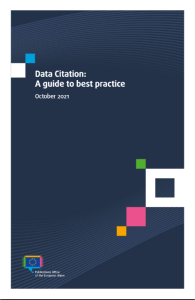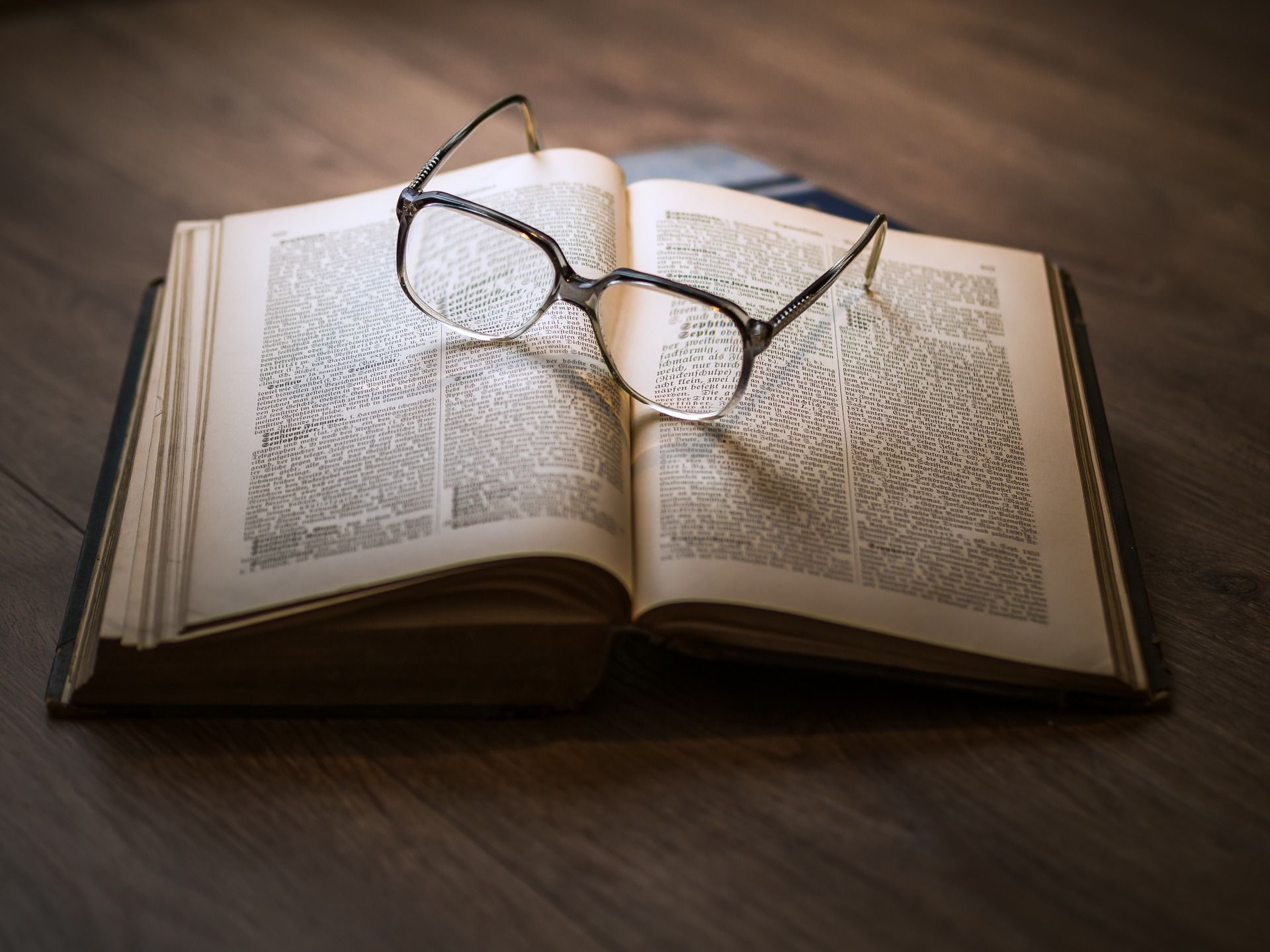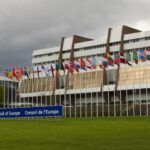Last Thursday, the Commission has decided to send reasoned opinions to Bulgaria, Cyprus, Greece, Ireland, Latvia, Poland, Portugal, Slovenia, Slovakia and Finland over their failure to notify the Commission of transposition measures on copyright and related rights applicable to certain online transmissions (EU Directive 2019/789).
The Commission has also today sent reasoned opinions to Belgium, Bulgaria, Cyprus Denmark, Greece, France, Latvia, Poland, Portugal, Slovenia, Slovakia, Finland and Sweden for failure to notify the Commission of transposition measures on copyright and related rights in the Digital Single Market (Directive (EU) 2019/790).
These two Directives aim to modernise copyright rules for consumers and creators to make the most of the digital world. They protect rightholders from different sectors, stimulating the creation and circulation of more high-value content. They bring greater choice of content for users by lowering transaction costs and facilitating the distribution of radio and television programmes across the EU.

23 de abril: Día Mundial del Libro y de los Derechos de Autor |
Member States must enact these rules without further delays, this will allow EU citizens, the creative sectors, the press, researchers, educators and cultural heritage institutions as well as service providers across the EU to start benefitting from them.
On 23 July 2021, the Commission opened the infringement procedure by sending letters of formal notice to the Member States that did not communicate complete transposition of the two Directives. The Commission today followed up with reasoned opinions for those Member States mentioned above.
New Copyright Directive
The new rules concerns the relationships between copyright holders and online platforms and the remuneration of individual artists and creators. The new Copyright rules ensure fairer remuneration for creators and rightholders, press publishers and journalists, in particular when their works are used online. These rules introduce more legal certainty and create more remuneration opportunities in the relationships with online platforms, rebalancing bargaining power.

Data citation A guide to best practice
|
The new rules also include new guarantees to fully protect the freedom of expression of users online, to allow them to legitimately share their content. Finally, the new rules create further opportunities, in particular through new copyright exceptions and simplified licensing mechanisms for using copyright-protected material online and across borders for education, research and preservation of cultural heritage purposes.
More information: Press release – European Commission







Leave a Reply